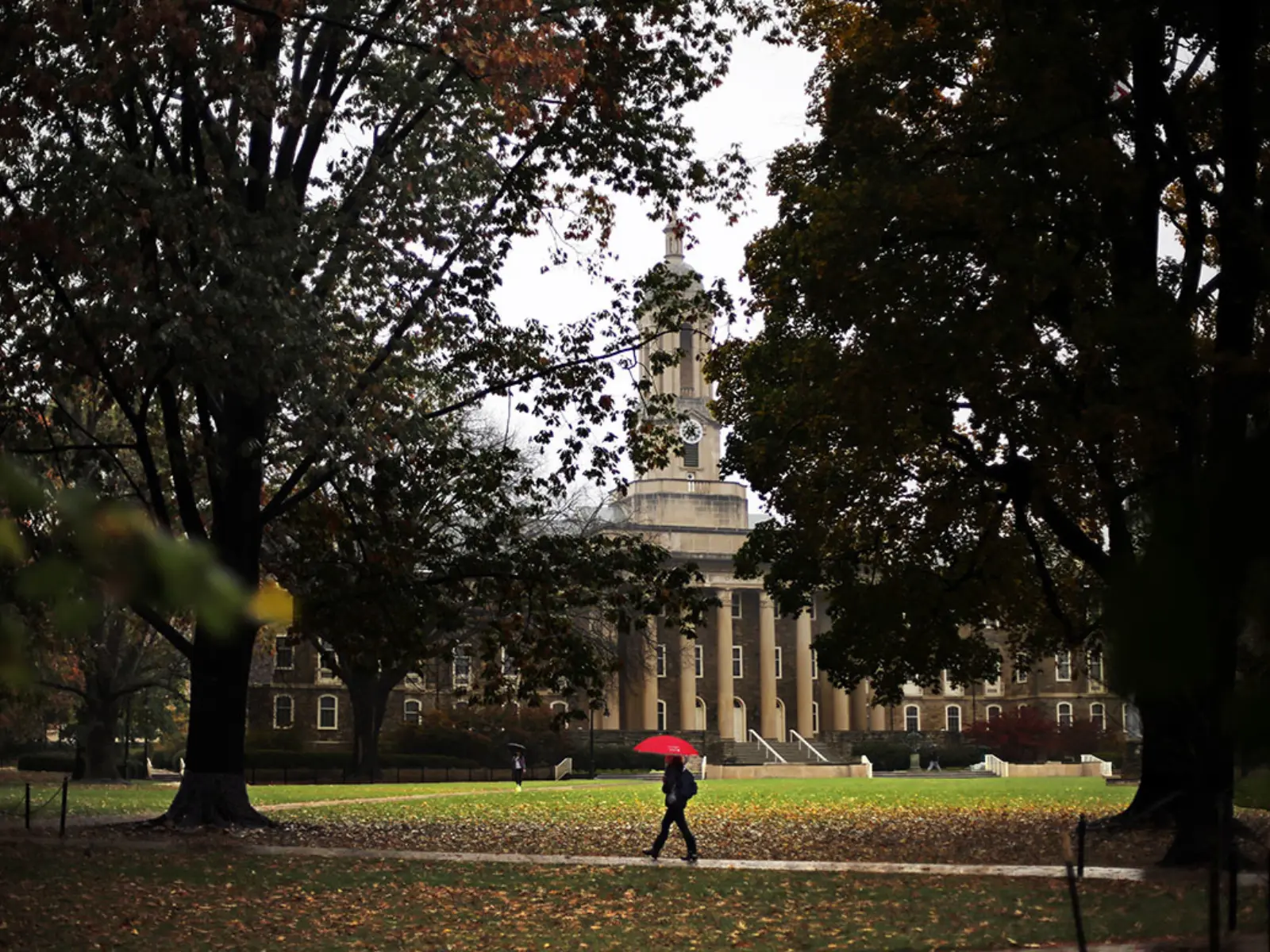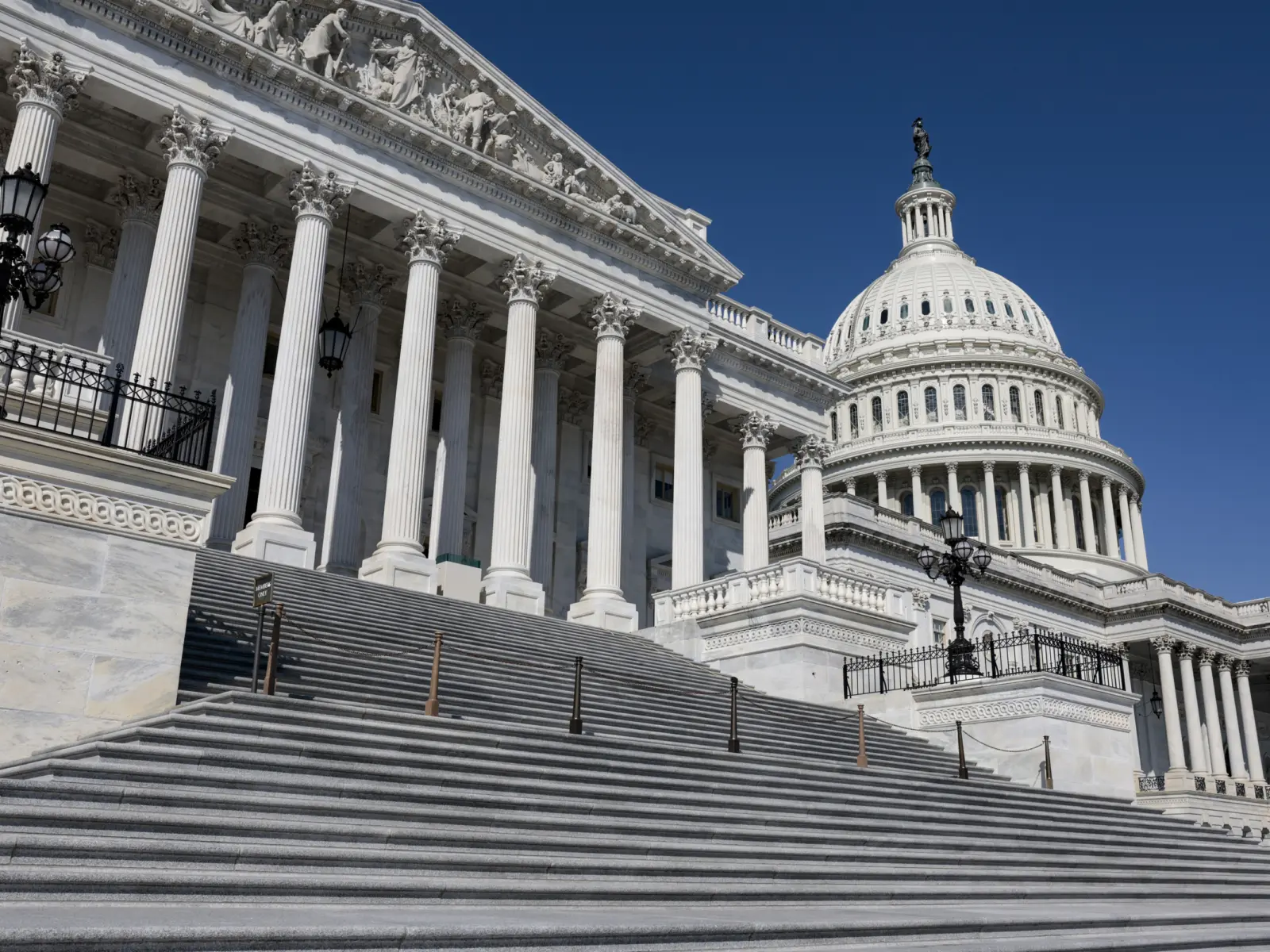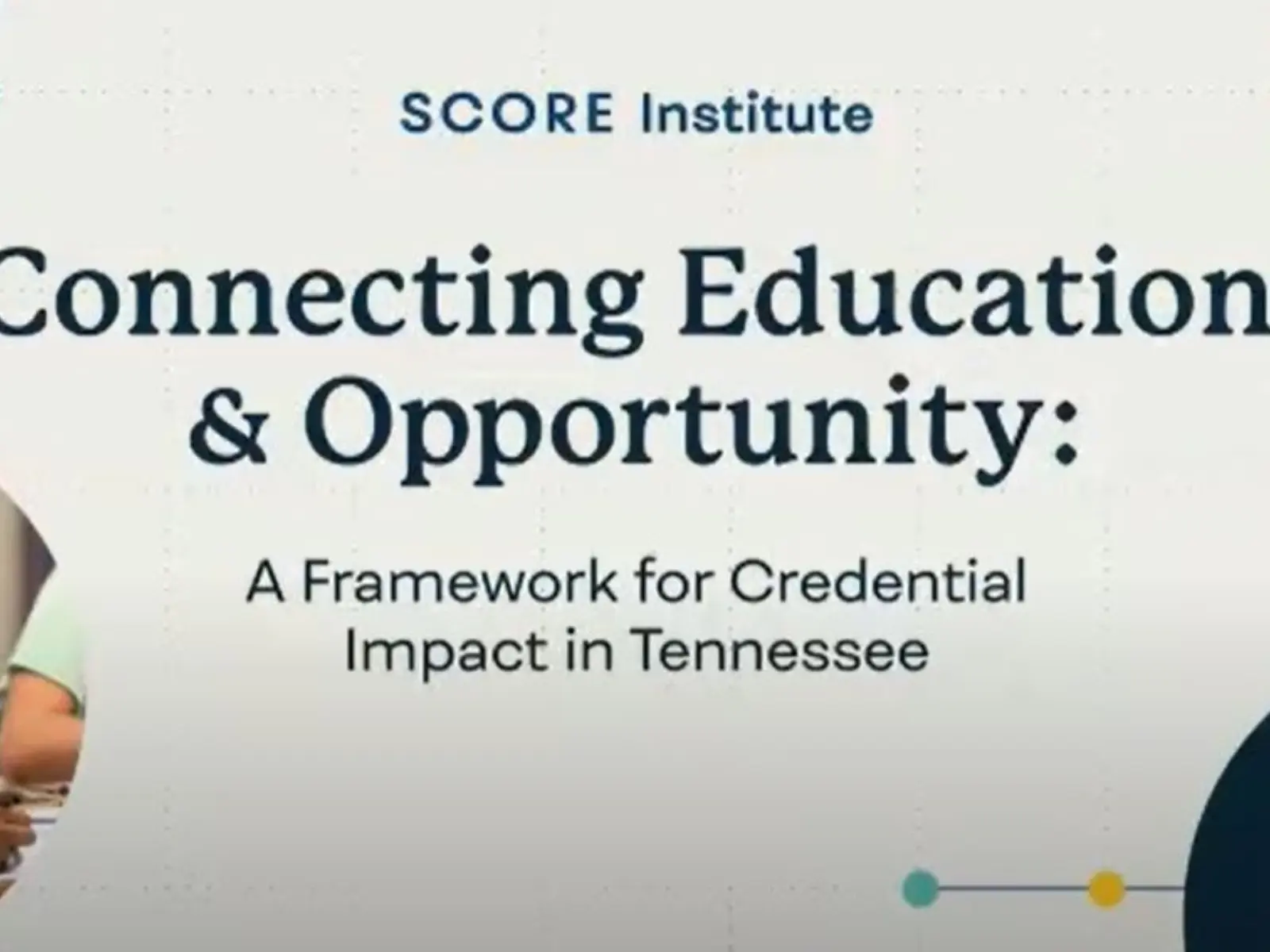Read The White Papers:
- ‘Pay for Play’ Can Pay Off for Mid-Majors in a Different Way
Author: Kevin Blue, Ph.D.
- Advancing Racial Equity and Opportunity in College Sports
Author: Eddie Comeaux, Ph.D.
- Want College Sports Reform? Start with Paying Power 5 Football Players
Author: Victoria Jackson, Ph.D.
- Reimagining the Role of Intercollegiate Sports in Higher Education
Author: Gabe Feldman, JD
- Myth, Reality, and the Lessons of the Game: Reorganizing the Governance of College Sports in the 2020s
Author: David Welch Suggs, Jr., Ph.D
About this Series
College sports are a uniquely American pastime. Our national images of college often revolve around a Saturday tailgate at a football game or the excitement of March Madness. Athletics can build community, connect alumni with the university, and be a vehicle for school pride. But college athletics is also a big business with an ugly underside. More and more spending on coaches’ salaries and facilities is juxtaposed with stories about student-athletes who can’t afford to eat. Even as athletics spending balloons, universities are cutting funding in other, critical areas. The comparisons between the treatment of men’s and women’s teams are alarming. There are systemic racial inequities in who creates value and on whom that revenue is spent. And colleges ask athletes to sacrifice their physical, and often mental, health, often at the expense of their education.
Now, the business of college sports has reached an inflection point. The Supreme Court recently told the NCAA that limiting student-athletes’ education-related benefits (like graduate school scholarships and internship opportunities) violates anti-trust laws. The Court, especially Justice Kavanagh, indicated it would likely have a similar interpretation on other limits on benefits, including player compensation. A few days later, the NCAA allowed states, conferences and institutions to set their own policies for how athletes can profit from their name, image, and likeness. And then the NCAA called for a constitutional convention and approved a new constitution that devolves many key decisions to the individual divisions. With an uncertain future, now is the time for bold approaches to solving the broken system.
As a philanthropy dedicated to tackling (excuse the pun) the most intractable problems in our country, the turmoil in college sports seemed ripe for engagement. We saw a market that might be functioning for some, but was highly inequitable and had created perverse incentives for many schools. We began – as we always do – to look at the data, invest in research, and talk to experts to try to understand what was going on and identify areas for policy change that would maximize opportunity and minimize injustice in college athletics.
In our exploration of the structure of college athletics, we identified three overarching and interconnected issues:
- A winner-take-all market structure and nonprofit accounting structure that disincentivizes cost containment;
- Racial inequity, in which the athletes creating the most value are more likely to be Black and the coaches, administrators, and others who benefit are more likely to be white; and
- The misalignment of mission between higher education and commercialized college sports.
We don’t know the solutions to these issues yet. But we believe that it is critical to ask hard questions about them. We will continue to explore investments in research, policy development and thought leadership to answer these questions and uncover new questions that haven’t surfaced yet.
We started this exploration by asking some of the leading thinkers on college athletics reform to propose bold ideas for a new structure of governance or new policy approach that would make college sports more equitable and more efficient. Over the next few months, we will publish proposals from Dr. Kevin Blue, Dr. Eddie Comeaux, Dr. Victoria Jackson, Dr. Gabe Feldman, and Dr. Welch Suggs here. Our partners at Athletic Director U will also be publishing shorter-form versions of the papers. We hope these concepts spark new conversations, new ideas, and new questions.













